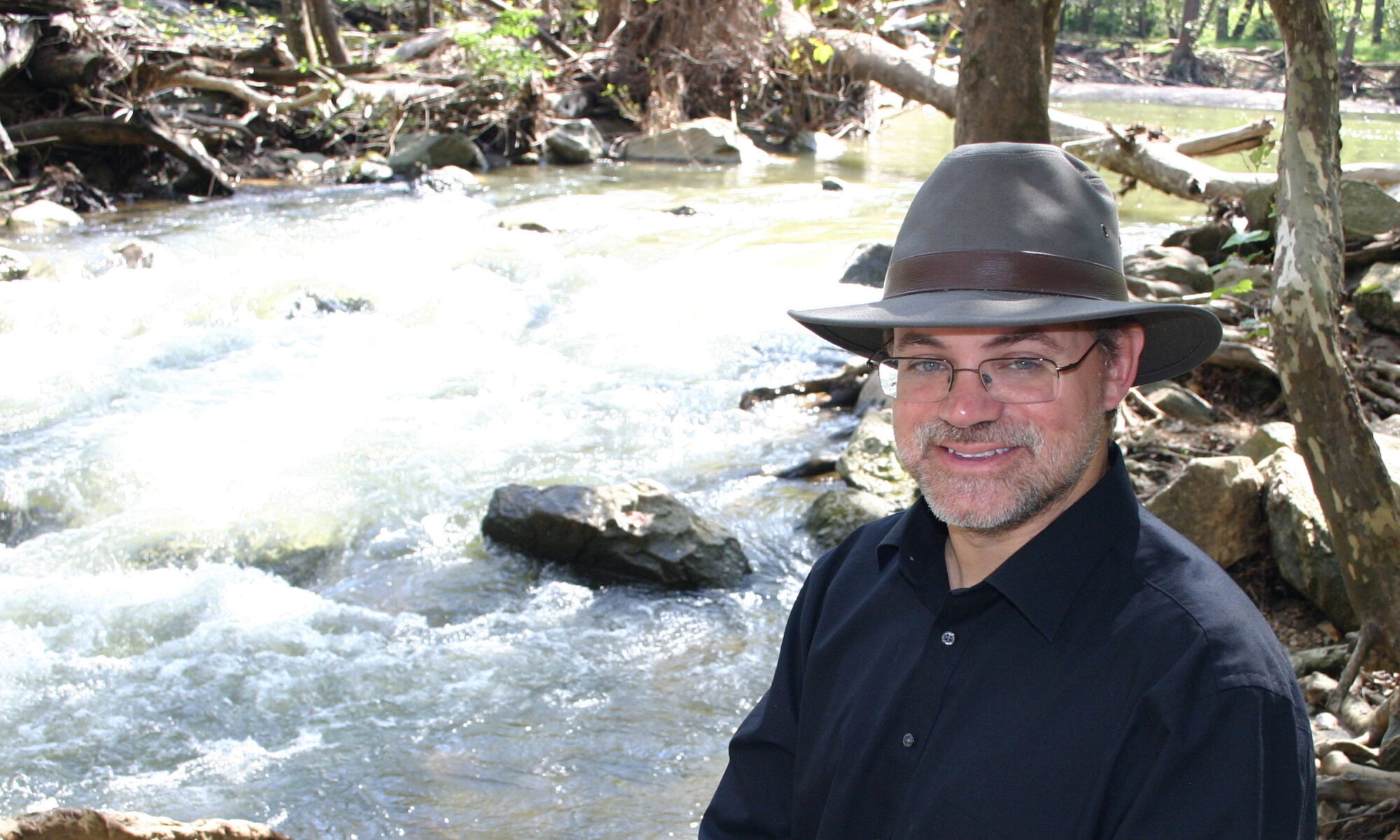The reason the content of this session is particularly important, in my view, is that the first step when reading any Old Testament passage is to place it in the context of this history covered in the video. Every book in the Old Testament speaks to some part of this history, and so by understanding the overall story, we have a much better chance at understanding any Old Testament passage we might read. Let’s see how this works.
Bible Lab: I Samuel 16:1-13
There’s only one Bible Lab this time, and we’ll dig a bit more deeply. After reading the passage, try to identify what important moment in Old Testament history the passage describes. A study Bible will come in handy here, and you may also find the timelines in the video to be helpful.
Let’s see how we did. First, we need to know what kind of book I Samuel is. It’s an historical book, part of the Deuteronomistic history contributed by the D source. That history begins with the book of Deuteronomy and stretches through II Kings. The story in I Samuel 16 describes the moment when God reveals to the prophet Samuel that David is to be the next king after Saul. If we remember that the writers of D viewed David as the greatest king of Israel, and that they were writing after the Exile to explain why it happened, perhaps we should expect them to show why they thought David was such a good king. Let’s explore this a bit.
At the beginning of the story, what kind of person did Samuel expect God to choose as king?
What did God say to Samuel about how God would choose a king?
What do you think it means that “the LORD looks on the heart”?
Now that we’ve thought about the passage in its own context, how might we understand what it says to our modern world? One helpful approach is to place yourself in the story and ask similar questions.
What kind of leaders do you (or our society) expect God to choose?
What does God say to you through this passage about how God chooses leaders?
How do we tend to evaluate other people for leadership roles?
Does this passage call you to change the way you evaluate other people?
Next up: Session 3 – Who were the Prophets?
Mailing list
If you’d like to get announcements of new content, please sign up below!
